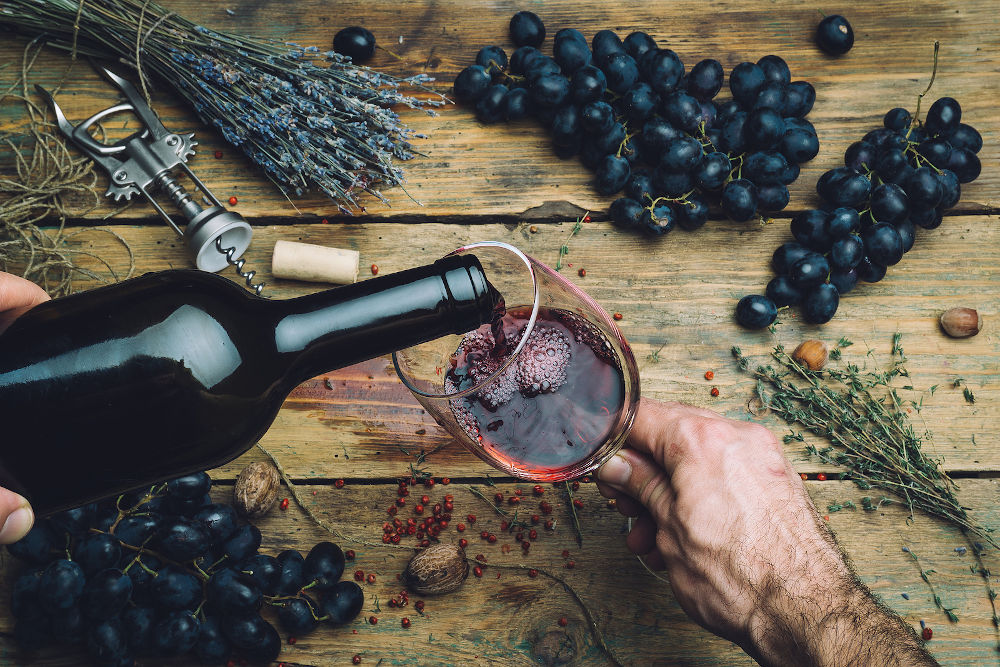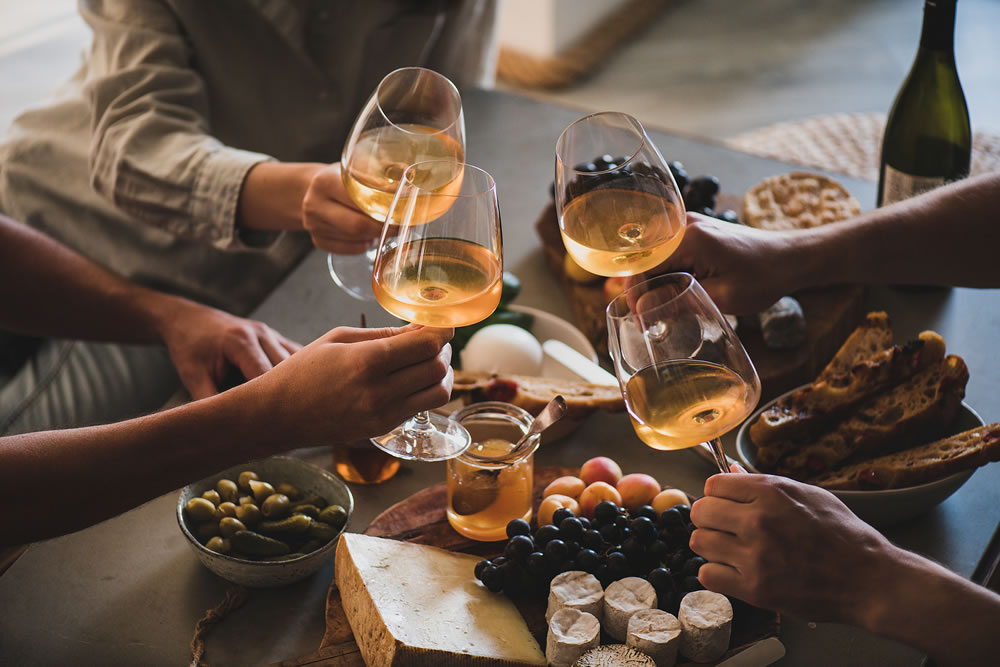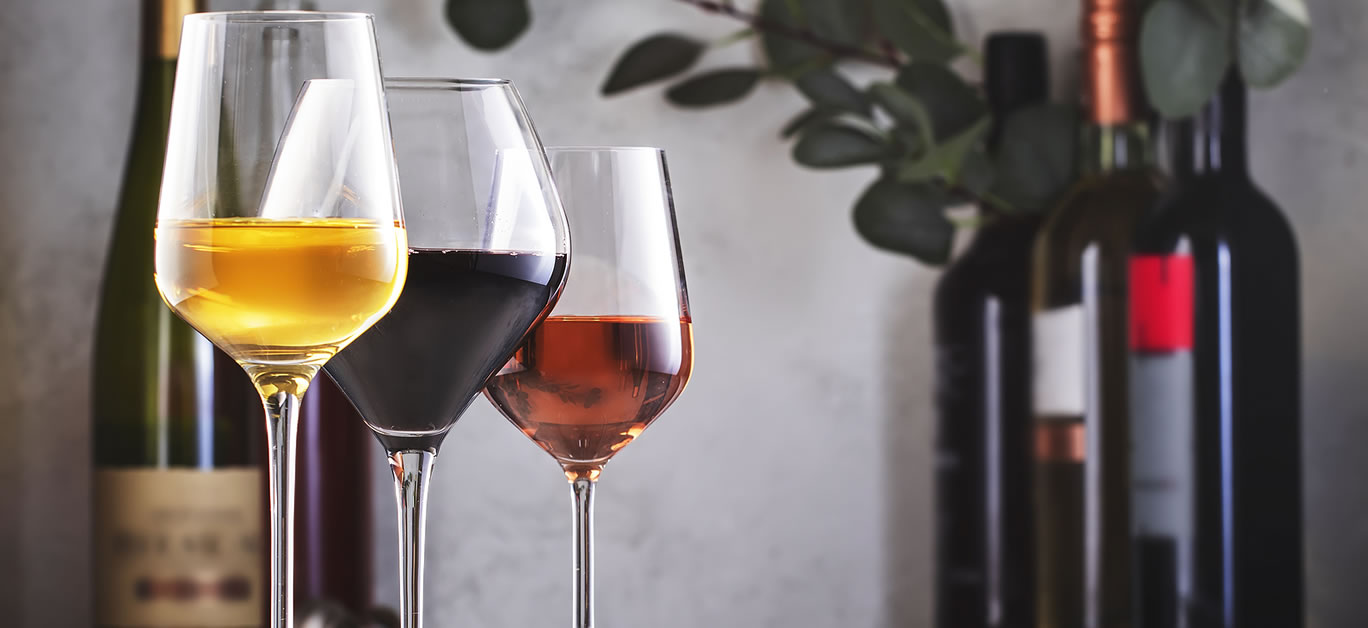The Covid-19 pandemic has had a huge impact on society in general, and particularly on consumer habits when it comes to buying and drinking wine. This is true not only in the UK, but also the whole of Europe. Confinement indoors and restrictions outdoors, which began in early spring 2020, meant that consumers switched their wine purchases to online retailers. The ‘new normality’ seems to have curbed the figures slightly, but some trends have come to stay, especially in the wine sector. The buying public is increasingly searching out specialist online retailers, and there’s more diversity in the products chosen.
A notable rise in the interest in organic and natural wines has made its mark, and wines which stand out due to their singularity, whether in style, origin or label design. These are some of the conclusions reached by Vinissimus.co.uk, leading online retailer in the sale of Spanish and Italian wines in Europe, based on its analysis of factors affecting activity in these first two years since the breakout of Covid-19 altered our lives.
The British consumer is well aware of the importance of sustainability and the state of the planet, and seeks more natural wines as an all-round, healthier option
Wine has always been considered a healthy drink, consumed in moderation. Until recently, the market seemed to be dominated by powerful wines which had a higher alcohol content, designed more for enjoying as a drink than for accompanying a meal. One of the reasons for this was global warming.
Whether it’s down to a current trend or strong belief, the truth is there now seems to have been a reversal in that tendency. On the one hand, consumers are asking for lighter wines, with a fresher profile and easier to drink, more environmentally sustainable and healthier. On the other, there is also a growing number of producers looking to differentiate their products, by showing the exceptional nature of their terroirs, convinced too of the need for nature conservation, preserving the diversity of their lands and protecting biodiversity.

“In the last two years, both what’s on offer as well as the demand for organic and natural wines have seen a huge increase. Back in 2015, we only had a couple of dozen on our books, today we have around 2,000 amongst organic, biodynamic and natural wines,” points out Toni Vicens, founder of Vinissimus.co.uk.
Labels with eye-catching or original labels have been the success story on social networks during the pandemic
You would be right in thinking it’s the young who choose wines with a more light-hearted style of label, sporting more original and striking designs. A lack of knowledge can often make the label a determining factor. However, during the pandemic, labels appear to have become more important than usual for other age groups and those in the know, when choosing a wine.
“According to our customer service team, some customers had been telling them the mere fact of receiving such colourful and attractive bottles brightened up their day when the news was so dark and depressing,” observes Vicens. The need to share experiences and socialise from home has filled social networks with photos of bright and cheerful bottles of wine.

Wines from small denominations in Spain and Italy, virtual holiday destinations when drinking at home
More knowledgeable consumers and confirmed wine buffs also seem to have altered their preferences. Although the great classics and large denominations continue to figure among their priorities, such as wines from Rioja, Tuscany, and Piedmont, there has been a notable increase in the sales of wines from lesser-known denominations and from small-scale wineries offering high-quality products, especially from Spain and Italy, the two countries providing Vinissimus with their most extensive selection of quality items.
“Riojas, Barolos, Brunellos, and Chianti classics have never left the ranks of our top sales,” states Vicens. “Nevertheless, interest has grown in wines from the smaller denominations and for lesser-known and even little-known indigenous varieties. In some ways, it’s as though lockdown at home and restrictions on movement had turned tasting wines from different places into an opportunity for discovering new areas, new corners of Europe; a chance to travel, via the senses. To have access to images of a winery or the websites of producers when choosing your wines is one of the many advantages of buying online, in the comfort of your own home.”
Specialist online retailers, enjoying ever more advantages and fewer obstacles
Buying wine from specialist online retailers has become even more advantageous. Until recently, making purchases online was viewed with suspicion for reasons of security, distance and due to difficulties with receipt of deliveries. The situation has now changed. Although the digital divide continues to be a reality, it’s true to say that people in general are much more skilled in the use of new technology, increasingly more familiar with the procedures of online shopping, know their rights and how to deal with any issues. The pandemic has accelerated this whole digitalisation process and prompted the appearance of digital communities.

“Most customers look upon us as one of their trusted local shops. They know they can rely on us for recommendations, and we’ll always be there to offer advice, answer any queries, or help sort out a problem. Our customer service is very highly rated, quick to respond and give support on an individual basis,” remarks Vicens.
Another advantage of buying wine online is convenience. The catalogues are available to view 24 hours a day, 365 days a year, and you can look up information and come to decisions conveniently at home. “The opinions left by customers on our website also prove very useful when deciding whether to buy a particular wine. We’re starting to hear from some people that they have now identified their favourite reviewers. Certain customers seem to have turned into wine influencers completely by chance,” concludes Vicens.
If one of the main obstacles previously to online shopping was not being at home to receive a parcel, any difficulties regarding delivery have also become less of a problem. Firstly, transport companies have widened their networks of collection points, and secondly, lockdown, self-isolation and working from home have inadvertently assisted the situation in that respect.
In conclusion, it’s a case of changing trends, which were already being noted in 2019, and Covid-19 has simply quickened its pace.






















